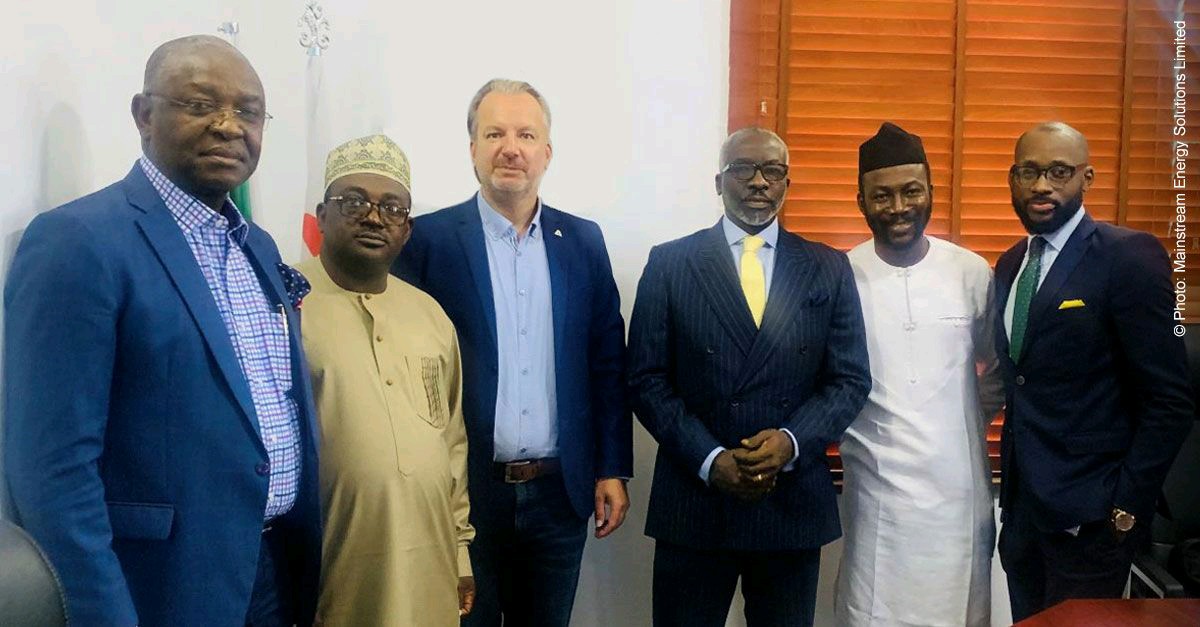ANDRITZ has announced today it received another order from Nigerian private power generating company Mainstream Energy Solutions (MESL) for the modernization of unit 2G5 at the 578.4 MW Jebba hydroelectric station in Nigeria.
ANDRITZ was the original manufacturer for all six fixed blade (propeller) type runners at the hydropower plant, which was commissioned back in the 1980s. The technology group is now working with MESL on a general rehabilitation programme to extend Jebba’s life for the next 40 years and improve the plant’s reliability. In 2021, it had already been awarded a contract for the rehabilitation and life extension of unit 2G6.
Jebba is one of two key hydroelectric stations that were privatized and are now operated by MESL under a Concession Agreement. The other facility, Kainji, is also undergoing rehabilitation and expansion. In December last year, MESL selected the Power China Huadong Engineering Corporation for rehabilitation works there, covering the rehabilitation of the Unit 1G9 (80 MW) and the installation of units 1G3 and 1G4 (110 MW each).
Full details on the 760 MW Kainji hydropower plant and the 578.4 MW Jebba hydropower plant in Nigeria are available in the “Projects” section within your Hawilti+ research terminal.

